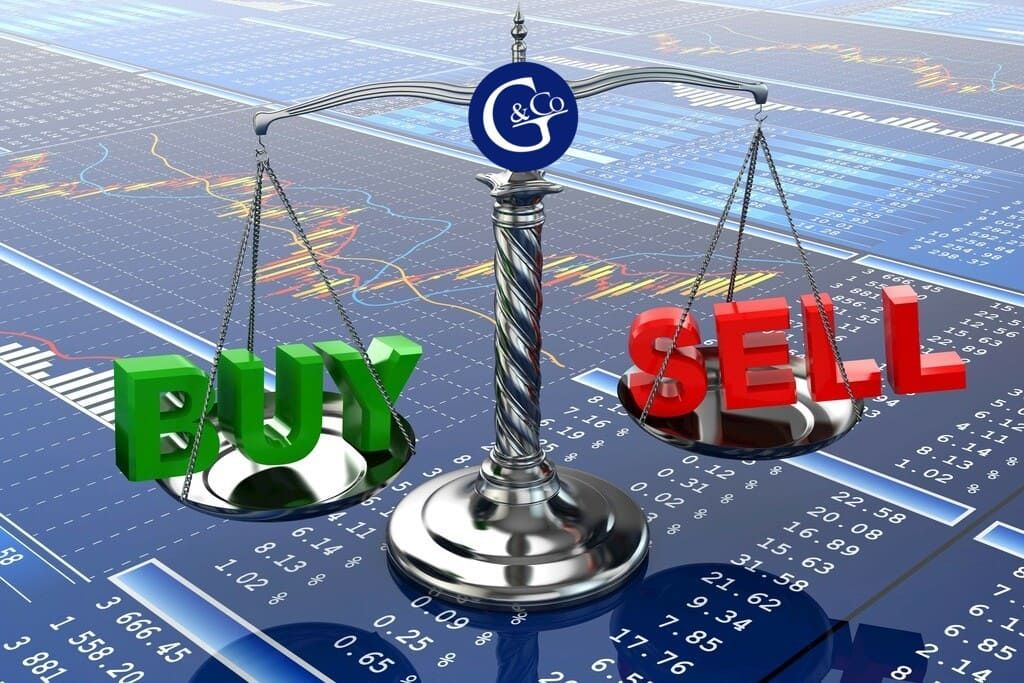
Each of us has exchanged foreign currency many times in our lives. For a regular person, it is a pretty simple procedure: you come to the bank and pay one currency to purchase another.
But is everything really as simple as it seems? Are there any secrets that will help make these transactions more profitable? Read our today’s article to find out.
1. What Does Conversion Mean
2. Types of Conversion
3. 5 Tips for Traders and Non-Traders
Currency conversion is essentially the free exchange of one currency for another. Both countries (interstate conversion) and ordinary citizens (consumer conversion) take part in this process. Large and small companies convert currencies when carrying out their business.
Barter is also a type of conversion. In the old days, people used to exchange goods and not money. Later on, commodities were exchanged for monetary units (the very same purchase and sale), and the one currency to another. In 1871, the first money transfer was made through the Western Union international money transfer system.
Not all currencies can be exchanged easily. There are freely convertible currencies such as euro, dollar, and yen that can be exchanged for any foreign currency without additional conversion. As of early 2020, CLS, the international system of conversion transactions, includes 18 such currencies. There are also partially convertible currencies that are not exchanged directly for all currencies.
Conversion implies both cash and cashless transactions.
This is the type of conversion we all are familiar with. It is done at the exchange offices or banks. In this case, the buying and selling rate are shown.
.jpg)
NOTE:
Buying rate, or purchase price, is the price used by the bank to buy currency from the customer.
Selling rate, or sale price, is the price used by the bank to sell currency to the customer.
This is basically what the currency exchange looks like. The bank’s profit here is the difference between selling and buying rates. Simple, right?
The payments made by dollar cards in Eurozone countries are a great example of this conversion type. In this case, the currency is converted automatically.
However, here’s what you should keep in mind when it comes to this kind of transaction.
NOTE:
The process of cashless conversion involves the billing currency i.e. currency transferred by the bank to the payment system (Visa or Mastercard).
Essentially, it plays the role of an intermediate currency. Your card currency - billing currency - local currency. If the billing currency matches one of the currencies (card currency or transaction currency), the conversion process becomes shorter. Cashless conversion can be more expensive than cash conversion.
In this day and age, there is no way we can get by without currency exchange. That being said, you can take advantage of certain aspects of this process to make it more profitable for you.

1. It is better to exchange large amounts of currency. Exchange offices sometimes offer a favourable rate when converting large amounts of currency. By trading large volumes and sticking to risk management, the traders can make bigger profits.
This is where a leverage comes into play. This excellent tool offered by brokers can help turn a $100 deposit into $10,000 per trade i.e. 1:100 leverage.
2. It is more profitable to convert currency on weekdays. You can catch the best prices on weekdays during the daytime. This is explained by the fact that banks establish the exchange rate by focusing on the stock exchange operation.
For traders, Monday and Tuesday are the least volatile days when there is no important news. You should be more careful on Fridays, since this is the final day of the trading week.
INTERESTING FACT:
The most active time on the foreign exchange is the European and the beginning of the American session.
3. Do not rush to buy currency in the exchange office around the corner. The least hyped banks sometimes offer the most favorable rate. Aside from that, the broker's trading terms and conditions have an impact on the quality of trading and the size of the trader’s profit. It is a good idea to choose the broker that sends the trades to the interbank market, since this provides the trader with the best quotes.
4. Change money on the exchange. Once you have made a deal with a broker, you get rid of many problems. After starting your cooperation with a broker, you can place an order for the purchase or sale of currency in the trading terminal. However, if you need dollars for a trip or euros to buy something, you will still have to go to a bank to either exchange money or open a relevant card.
5. Exchange money at the beginning of the year. According to some experts, the currency is cheaper at the beginning of the year which is a great psychological factor.
During the winter holidays, the market becomes thin since major players are taking a break. This is when you should be particularly cautious when trading because even minor news can result in great volatility, which would otherwise be considered abnormal on regular trading days.
As you can see, conversion is a term that implies a very common transaction that all of us are familiar with. What’s more, not only banks, but also their customers can make money on currencies if they trade in financial markets because as we all know, the trader profits from the difference in rates. And the best part is, you can do that in the comfort of your home.
Protect yourself against the trading risks
using Risk Manager brought to you by Gerchik & Co!
Learn more about the service